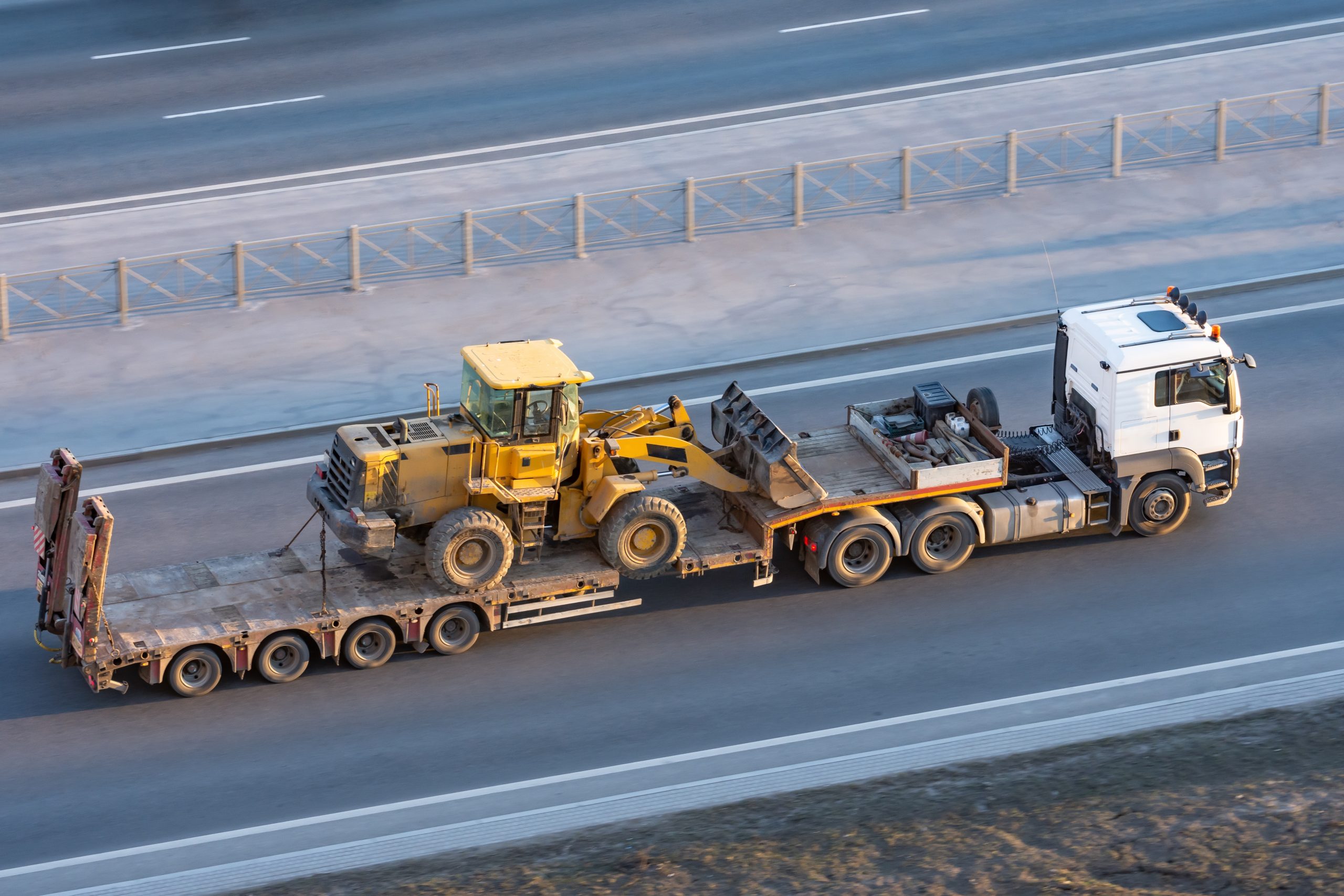Keeping Heavy Machinery Running: The Importance of Repairs
Heavy machinery is critical to many industries, and any malfunction can result in significant losses in production and safety hazards. Heavy machinery repairs are necessary to keep the equipment in optimal working condition, and they typically involve various tasks, such as troubleshooting, diagnostics, part replacement, and preventive maintenance.
Some of the key points to consider in heavy machinery repairs include the following:
- Identify the cause of the malfunction: Before repairing any heavy machinery, it is essential to determine what caused the problem. This step involves analysing the equipment’s performance, inspecting the parts, and conducting tests to pinpoint the root cause of the issue.
- Replace faulty components: Once the problem is identified, the faulty parts need to be replaced. This involves sourcing new parts, removing the damaged components, and installing replacements.
- Conduct preventive maintenance: Preventive maintenance is crucial to avoid future breakdowns and prolong the equipment’s lifespan. It involves regular inspection, lubrication, cleaning, and calibration of the machinery.
The risks of not repairing heavy machinery can be severe, including:
- Production loss: If heavy machinery is not repaired promptly, it can lead to production downtime, resulting in lost revenue and delays in meeting deadlines.
- Safety hazards: Heavy machinery that is not in good condition can pose a safety risk to workers, leading to injuries and fatalities.
- Expensive repairs: Delaying repairs can lead to more severe damage, which can result in more expensive repairs.
What are the signs to look for to prevent heavy machinery from failing?
Preventing heavy machinery from failing is crucial to avoid costly repairs, production downtime, and safety hazards. Regular maintenance and inspection can help detect potential problems early and prevent machinery from failing. Here are some signs to look for to prevent heavy machinery from failing:
- Unusual sounds: If you hear unusual sounds such as squeaking, grinding, or clanking, it could indicate a problem with the machinery’s moving parts. Worn bearings, loose bolts, or misaligned parts could cause these sounds.
- Leaks: Fluid leaks such as oil, coolant, or hydraulic fluid could indicate a problem with the machinery’s seals or hoses. Leaks can cause machinery to overheat, lose power, or fail.
- Vibrations: If you notice excessive vibrations in the machinery, it could indicate a problem with the engine, drivetrain, or suspension. Vibrations can cause fatigue on the machinery’s components and lead to failure.
- Overheating: If the machinery is overheating, it could indicate a problem with the cooling system or a malfunctioning part. Overheating can cause damage to the engine, transmission, or hydraulic systems.
- Poor performance: If the machinery is not performing as expected, it could indicate a problem with the engine, transmission, or hydraulic systems. Poor performance can cause production downtime and result in lost revenue.
- Warning lights: If warning lights appear on the machinery’s dashboard, it could indicate a problem with the electrical system, engine, or transmission. These warning lights should not be ignored and should be addressed promptly to avoid machinery failure.
- Wear and tear: Regular inspection of the machinery’s components can help detect signs of wear and tear. Worn parts should be replaced promptly to avoid machinery failure.
Preventing heavy machinery from failing is crucial to ensure productivity, safety, and profitability. By being vigilant and performing regular maintenance and inspection, you can detect potential problems early and prevent machinery from failing. If you notice any of the signs mentioned above, it’s essential to get in touch with us promptly to avoid costly repairs and production downtime.
Addressing the differences between a heavy equipment electrician and a heavy machinery auto electrician:
A heavy equipment electrician specialises in repairing electrical components of heavy machinery such as excavators, bulldozers, and cranes. They may work in industries such as construction, mining, and agriculture. They are responsible for maintaining and repairing electrical systems, diagnosing issues, and replacing faulty parts. Heavy equipment electricians are needed when heavy machinery exhibits electrical problems such as short circuits, faulty wiring, and blown fuses.
On the other hand, heavy machinery auto electricians master repairing electrical components of vehicles such as trucks, buses, and trailers. They may work in industries such as transportation, logistics, and construction. They are responsible for maintaining and repairing electrical systems, diagnosing issues, and replacing faulty parts. Heavy machinery and auto electricians are needed when vehicles exhibit electrical problems such as malfunctioning lighting systems, battery problems, and starter motor faults.
Electroworx is a company that provides mobile car services, auto air conditioning, and auto electrics for earthmoving equipment. We offer a range of services to industries such as construction and transportation. With our team of experienced technicians, we can handle any repair or maintenance needs for heavy machinery and vehicles.
If you need any of the services mentioned above, Electroworx is your go-to company. Contact us today to schedule a repair or maintenance service and keep your heavy machinery in optimal working condition.


 1300 824 692
1300 824 692




